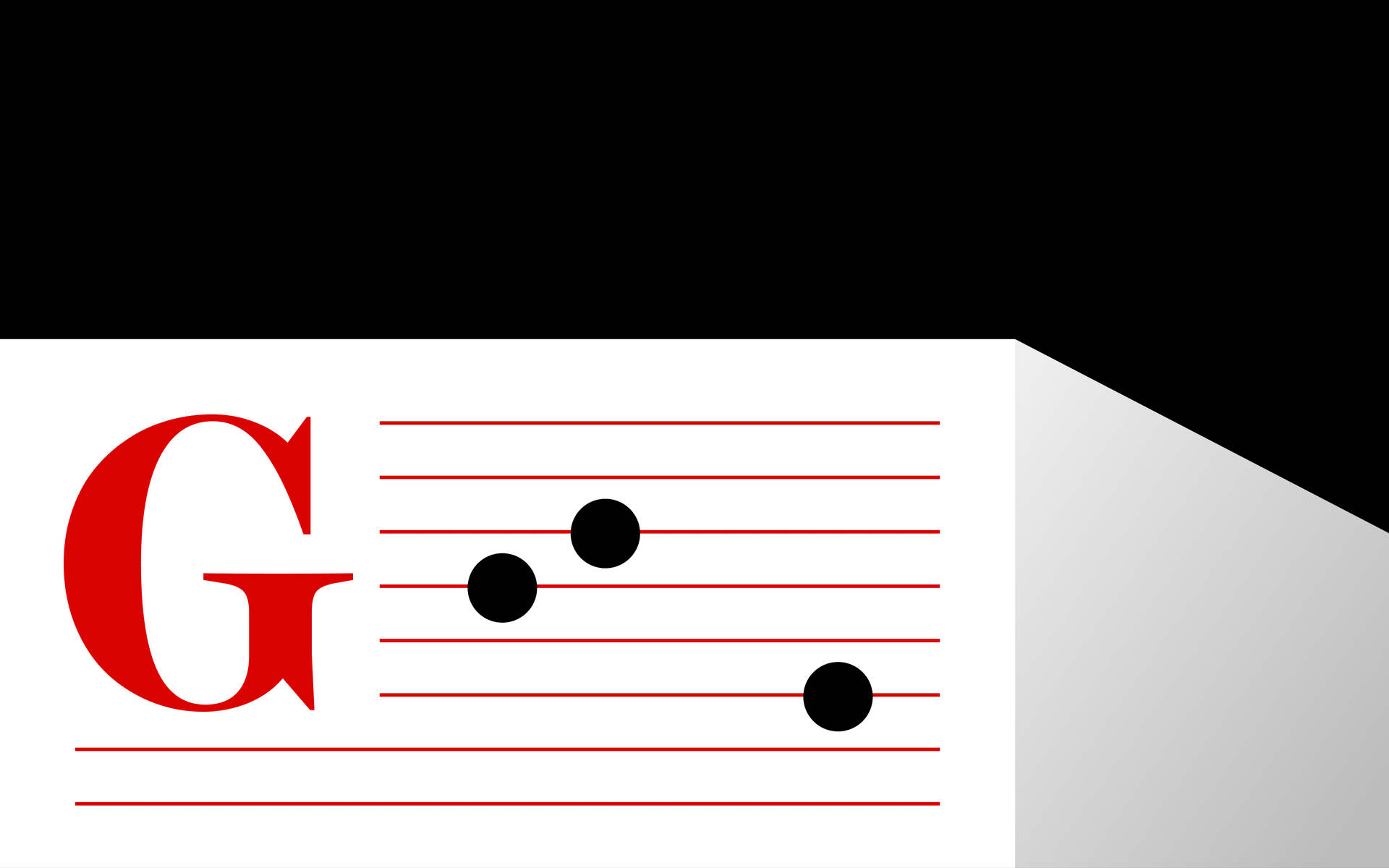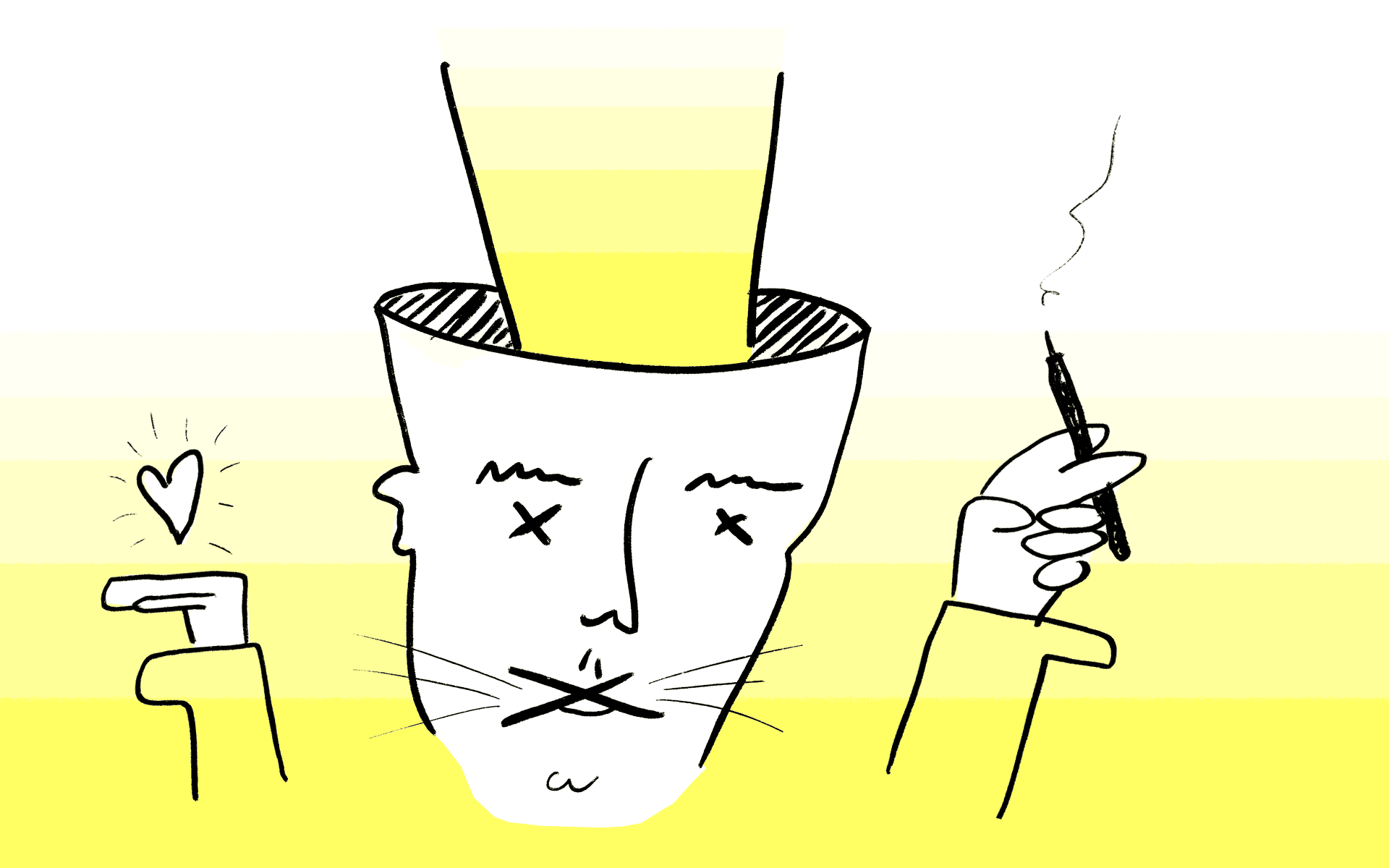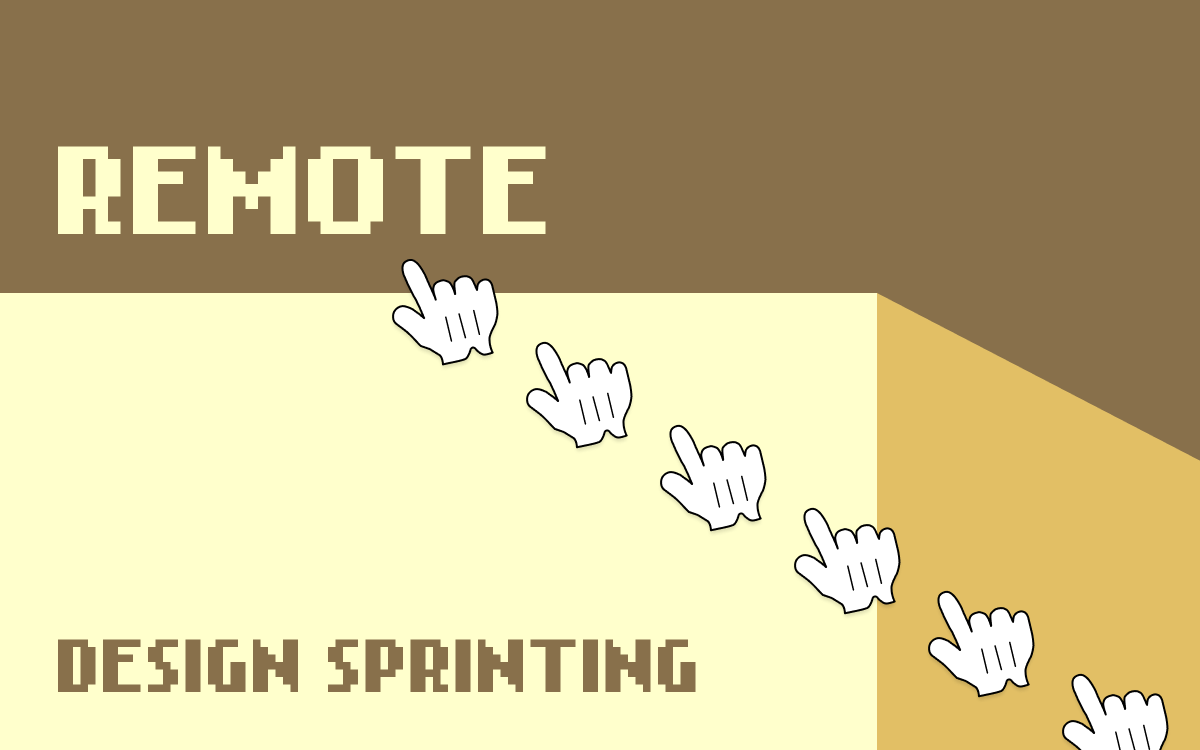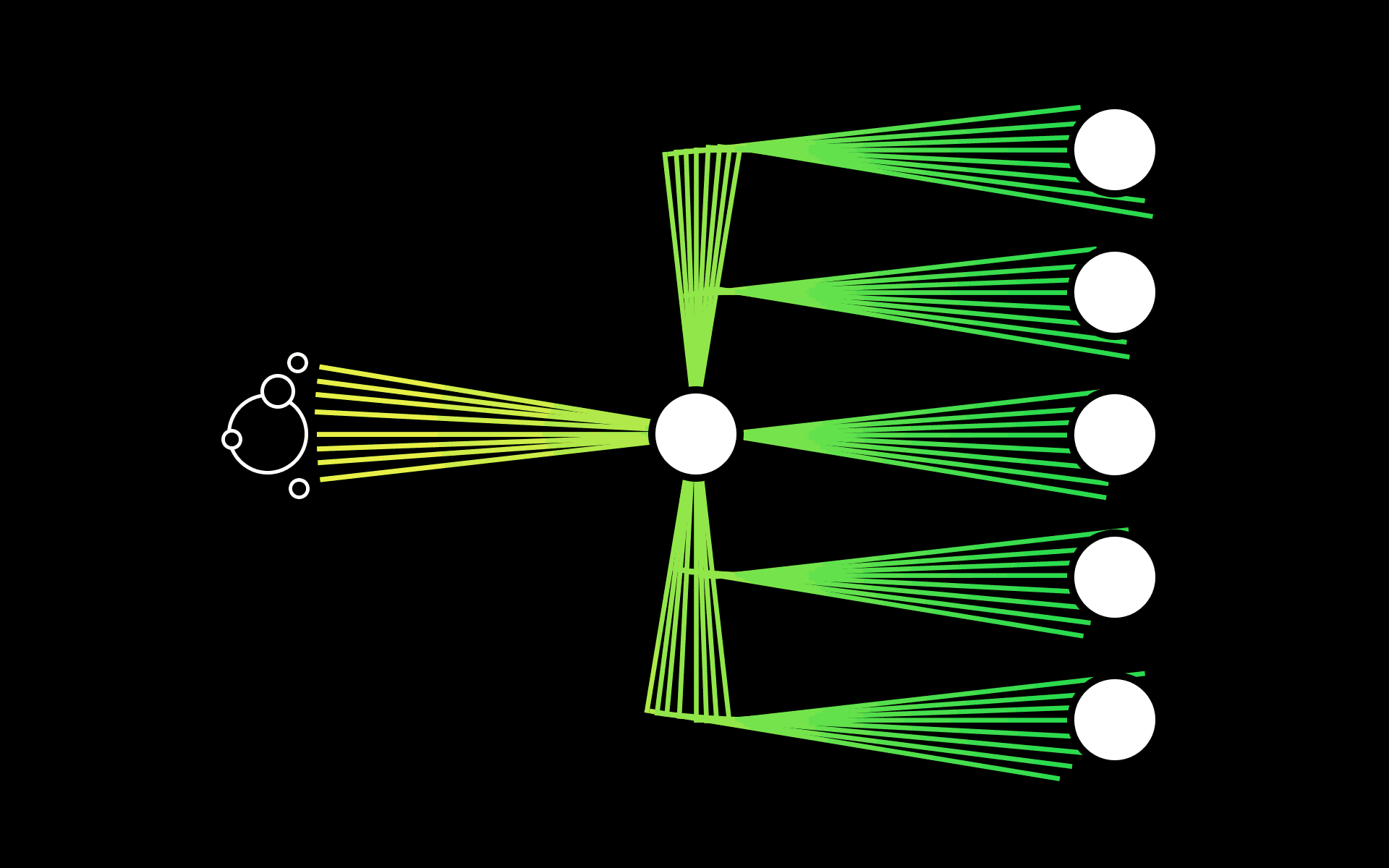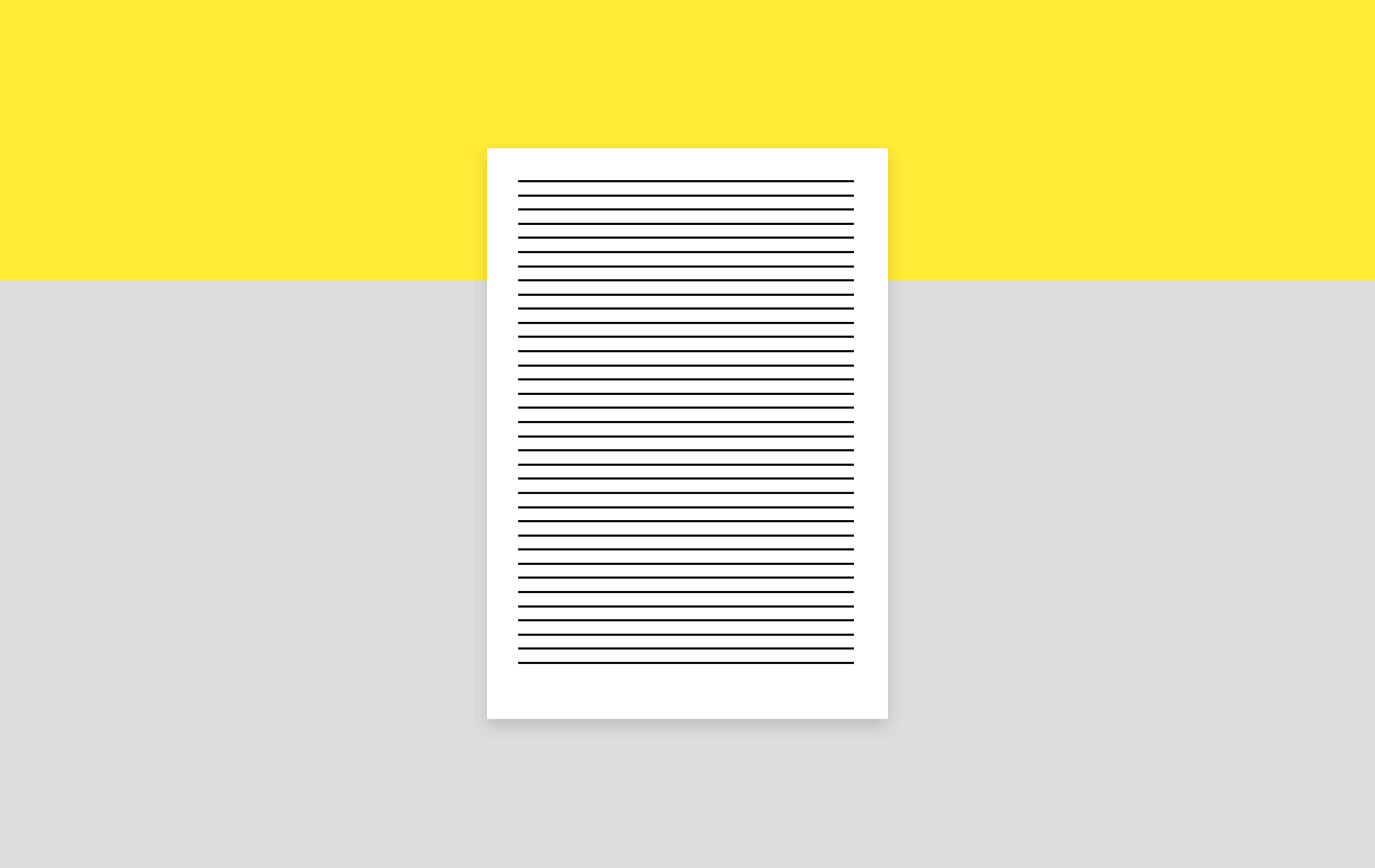First 6 findings from director-level interviews on remote work (funny hats mentioned)
Findings, findings, findings. Quite practical so far, but as the interview process goes on, deeper level connections start to emerge.
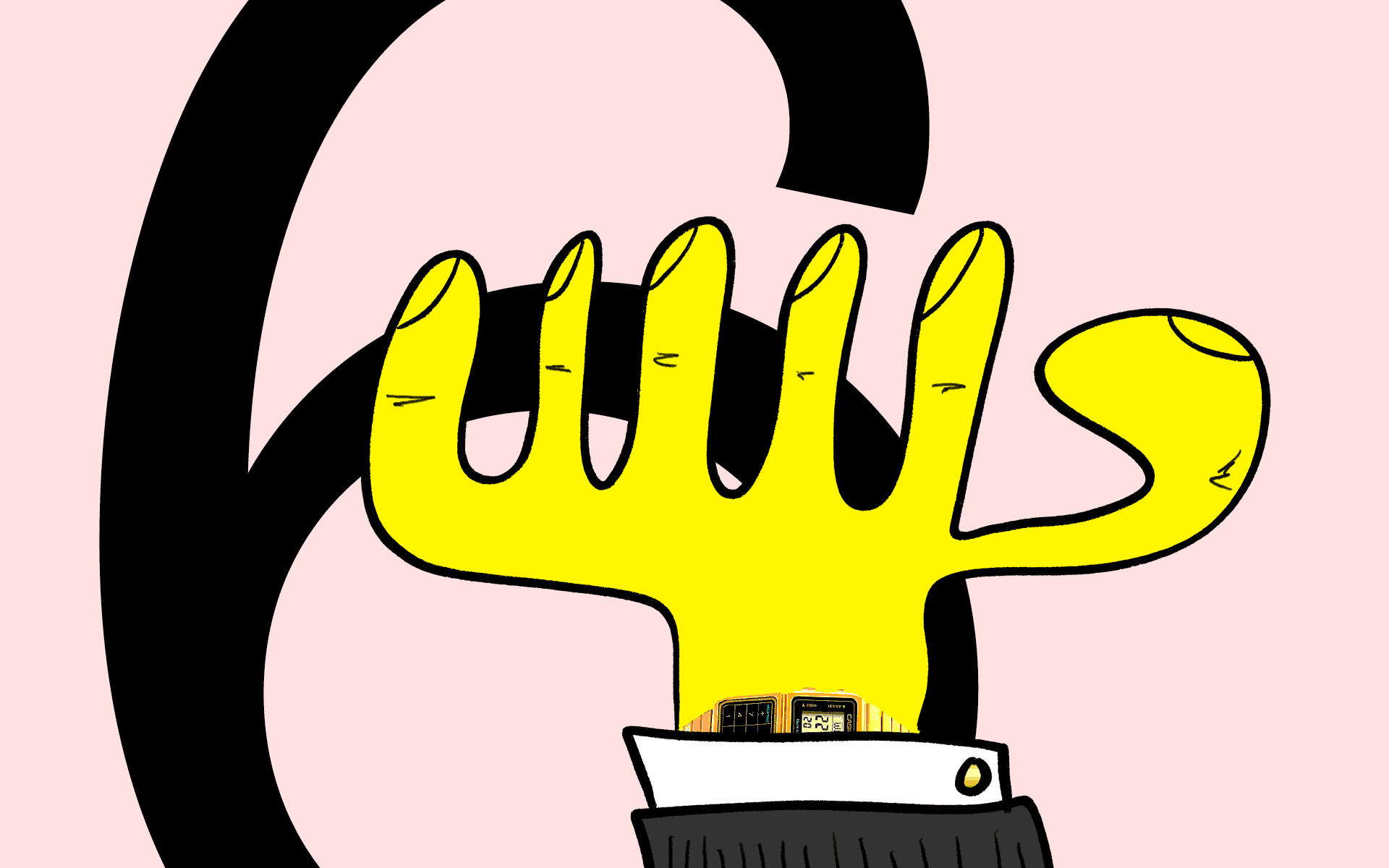
Recently, I’ve done a bunch of director-level interviews on certain subjects around remote work and distributed teams. While I’m continuing conducting interviews, some findings start to emerge.
1/6 – Writing things down is helpful on many levels
The relevance of documentation is more important in distributed settings. Many kinds of documentation, e.g. planning future activities in a written format, have increased due to the absence of live meetings. It’s seen as a positive thing, since (1) pre-planned video meetings are more structured and shorter, and (2) more ideas get documented and if needed, are available for further sharing or archiving.
2/6 – Social initiatives improve cohesion
The importance of social initiatives: The lack of informal conversations is a slight challenge for team cohesion. Some companies are organising events that they didn’t have in place before the pandemic. Some examples are walking challenges by counting steps between two country teams over a certain period, or arranging a general company-wide coffee and bun moment on Zoom every Friday afternoon with rotating hosts, dress codes and themes. (“Funny” hats should be an official part of remote business casual dress code.)
3/6 – COVID-19 has left its mark
Not surprisingly, the global pandemic has affected all organisations in some way. Some companies have had to layoff and/or fire some of their employees. Almost all have updated their mid- to long-term views and/or roadmap. The forced and accelerated adaptation of remote practices has anyway seen as a positive thing in a way that would have been inevitable anyway shortly, just at a slower pace.
4/6 – Tough conversations require a human and honest approach
Difficult conversations are handed in the most direct way possible. Most of the companies are relying on video calls and brutal honesty when communicating company-wide, difficult announcements, like layoffs. If there’s a need for a difficult conversation with an individual, a traditional phone call can be used, since it can be interpreted as a bit more “authoritative” and personal form of communication than a video call.
5/6 – Team spirit keeps people together
Team spirit has remained surprisingly positive during the pandemic, many interviewees said. As heart-warming as this is, it’s no news, since crises can be used as a way to mould the feeling of togetherness (Jenster, Nancy & Steller, Dominique, 2011).
6/6 – Transparency for the win
Transparency in a team setting is an essential factor in any case, but in remote environments, it becomes even more crucial. Feelings of solitude, questioning self-worth and the meaning of one’s assignments might increase while working physically apart from each other. This can be tackled, e.g.
- by offering a real-time view of company’s key metrics and goals on the intranet,
- by arranging recurring one-on-one calls/chats between supervisors and subordinates, and
- by having weekly company-wide calls to have an open environment for announcements and questions.
Also, directors can make themselves available for staff by telling that they can be approached any time if there are questions in mind.
Later on, more findings at least on objective setting, culture & wellbeing, and the danger of following the examples of big companies’ playbooks. And much more.
If you’re working on a director level in an organisation which is operating mainly in a distributed model and would like to have a chat, I have still some slots open for an interview and would love to talk. Please contact me on Twitter and let’s arrange a time for a chat!
Take care,
Mika
References:
- Jenster, Nancy & Steiler, Dominique. (2011). ‘Turning up the volume’ in inter-personal leadership: Motivating and building cohesive global virtual teams during times of economic crisis. 10.1108/S1535-1203(2011)0000006014.
share on facebook
share on twiter

